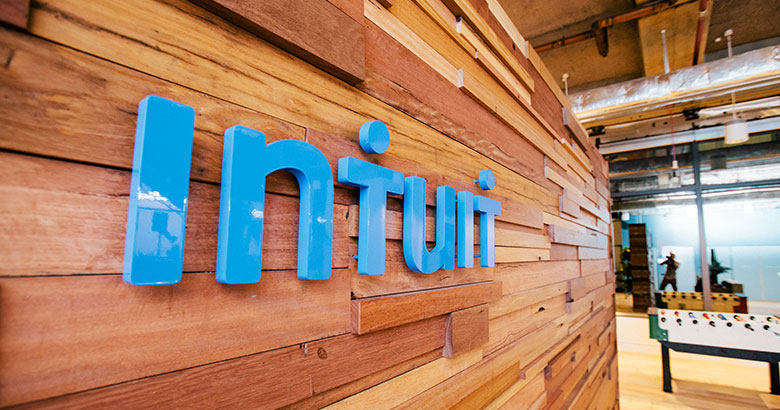Intuit is experiencing a surge in investor enthusiasm, fuelled by the artificial intelligence (AI) boom. The company’s stock has gained nearly 40% over the past 12 months, outpacing the S&P 500’s growth, and surpassing the market capitalization of major investment banks like Goldman Sachs, Morgan Stanley, and Citigroup. But what sets Intuit apart from its competitors is its successful integration of AI into its core offerings.

Intuit’s expansion beyond its core business can be seen through its strategic acquisitions of personal finance company Credit Karma for $8.1bn in 2020 and email marketing provider MailChimp for $12bn in 2021. However, it is the company’s commitment to AI that is truly driving its growth narrative.
Intuit’s CEO, Sasan Goodarzi, declared in February that “the next leg of growth is AI,” and the company has taken significant steps to turn this vision into reality. By integrating AI across its core products, such as TurboTax and QuickBooks, Intuit aims to simplify complex tax return processes, provide personalized financial advice, and generate marketing content for customers.
The potential benefits of AI are significant. Accenture estimates that the global AI in accounting and finance market will grow at a compound annual growth rate (CAGR) of over 20% from 2021 to 2026. This enormous growth presents an opportunity for Intuit to establish a competitive edge and tap into new markets.
However, the implementation of AI technology is not without its challenges. Early reviews of Intuit’s AI chatbots have been scathing, with inaccuracies being the main complaint. The company has acknowledged these issues and assured users that they can always access live tax experts for support. Furthermore, the technology’s inaccuracies, while a short-term concern, can be addressed through ongoing refinement and improvements, as the AI model learns from user interaction.
Despite these challenges, the long-term potential benefits of AI for Intuit are substantial. With revenues projected to grow at a CAGR of 12-13% in the next few years, AI is expected to play a significant role in driving Intuit’s future growth. The company’s premium valuation on the markets reflects this optimism, with Intuit’s market capitalization exceeding $170bn.
Intuit’s successful integration of AI into its core offerings marks a significant shift in the tax and accounting industry. By leveraging AI to streamline tax filing processes, provide personalized financial advice, and engage with customers, Intuit is revolutionizing the way tax and accounting services are delivered. Although there are implementation challenges, the long-term growth prospects are promising, and Intuit is well-positioned to capitalize on the growing demand for AI solutions in this sector.

